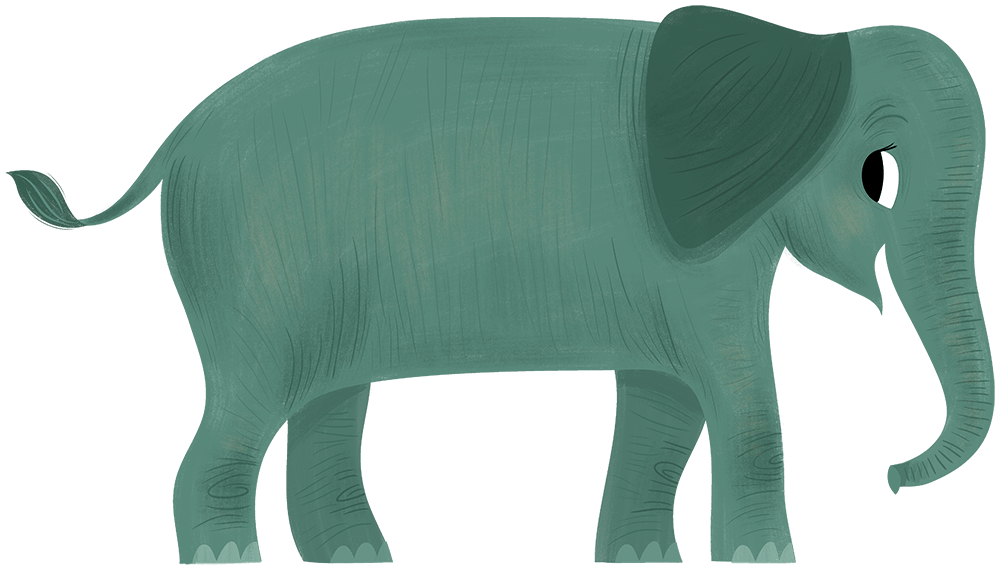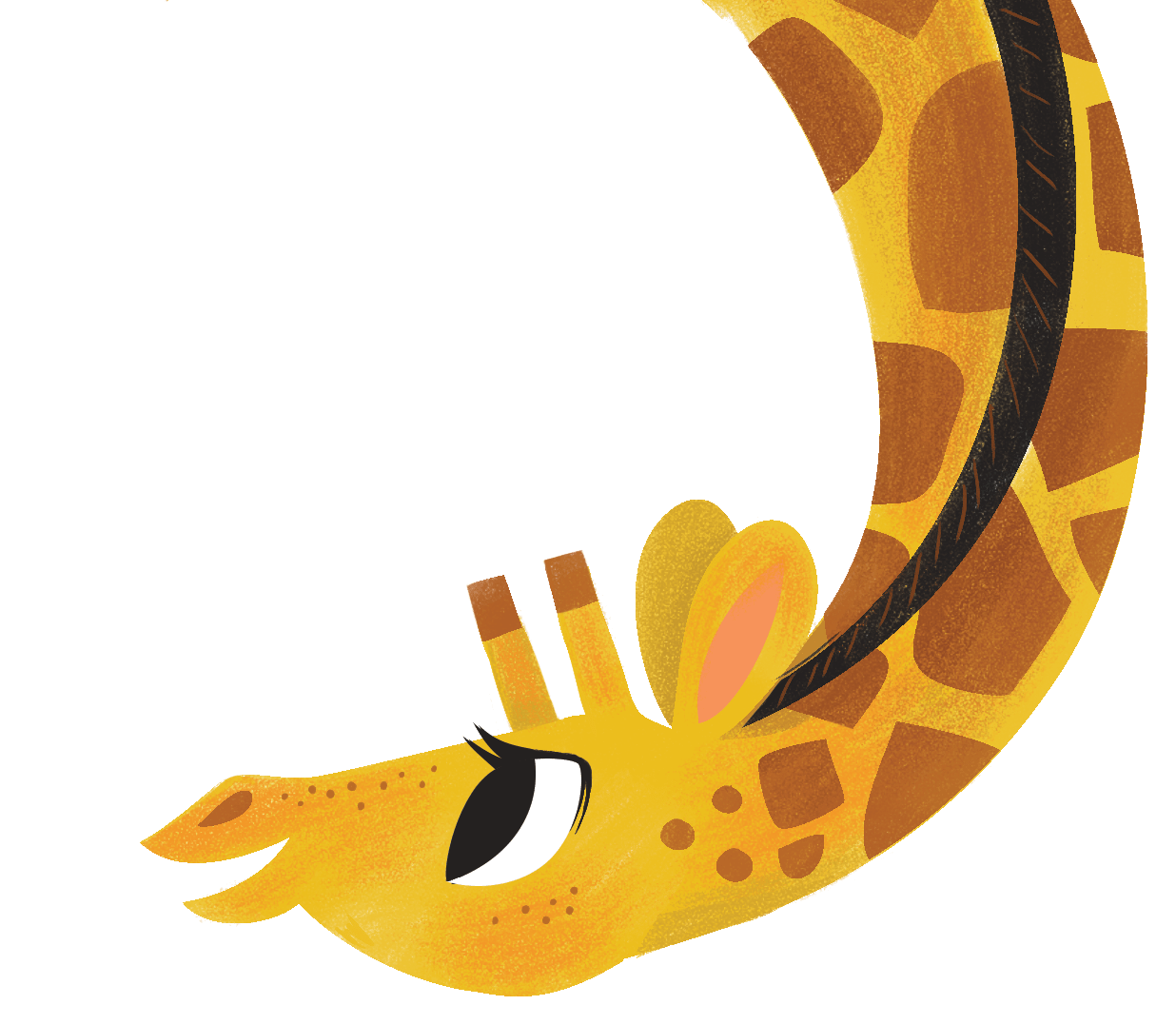 My grandma’s grandma was a little girl when her family set out on the Oregon Trail in a covered wagon. Like a lot of people, I’ve long been fascinated by my ancestors’ experiences, and when I wrote I’m Sorry, Almira Ann, I wove in a true story from that trip.
My grandma’s grandma was a little girl when her family set out on the Oregon Trail in a covered wagon. Like a lot of people, I’ve long been fascinated by my ancestors’ experiences, and when I wrote I’m Sorry, Almira Ann, I wove in a true story from that trip.
Seems when the wagons creaked to a stop one noon, my grandma’s mom began to make bread for the family, but the dough was sticking to her wedding ring, so she took off the ring and slipped it onto the branch of a bush. Many hours later–as the wagon wheels jolted over the rough earth–she looked down at her hand and realized her ring was still on that branch.
Ever since I first heard the story, I’ve been able to hear the wind rustling through the grasses and see that ring glinting in the middle of the yellow-green prairie.
 Last week, as I drove from Kansas to Oregon, I thought (especially when the trip grew tedious) of what it must have been like to get up day after day, for months, and inch across that ground. For a while, pioneers had the Platte River by their side, just as I did. “Too thick to drink, too thin to plow,” they decided. This year, Nebraska is eyeing with alarm that wide, flat river (and the Missouri River, from where it flows).
Last week, as I drove from Kansas to Oregon, I thought (especially when the trip grew tedious) of what it must have been like to get up day after day, for months, and inch across that ground. For a while, pioneers had the Platte River by their side, just as I did. “Too thick to drink, too thin to plow,” they decided. This year, Nebraska is eyeing with alarm that wide, flat river (and the Missouri River, from where it flows).
 The trip west in those days had to be timed carefully. Leave too early and you might not be able to find enough grass for your animals. Leave too late? Watch out for the snow. The trip was pretty much organized around water. All across Wyoming last week, we drove for hours through places where rivers run, where the travelers saw and still see the mountains, so tantalyzing, in the distance.
The trip west in those days had to be timed carefully. Leave too early and you might not be able to find enough grass for your animals. Leave too late? Watch out for the snow. The trip was pretty much organized around water. All across Wyoming last week, we drove for hours through places where rivers run, where the travelers saw and still see the mountains, so tantalyzing, in the distance.
Sometimes the mountains look close. Almost there. And you drive and drive and drive but they get no closer.
 And then one gets to the dry stretches. Parts of Utah and Wyoming look like a giant, at some point, played with muddy sand, letting it dribble and drip. Those were the thirsty, dusty days for pioneers. Oxen and mules, people and puppies limped on, longing–no doubt–for the days when the wagons were lumping along beside the Platte River.
And then one gets to the dry stretches. Parts of Utah and Wyoming look like a giant, at some point, played with muddy sand, letting it dribble and drip. Those were the thirsty, dusty days for pioneers. Oxen and mules, people and puppies limped on, longing–no doubt–for the days when the wagons were lumping along beside the Platte River.
Growing up in Ethiopia, I saw what it’s like to be in a community that doesn’t have access to easy water. We turn the tap in our modern American houses and out it spills. Only every once in a while, we pause to remember the burst of joy that cool, fresh water brings into our lives.
 Eastern Oregon, where my family stopped their Oregon Trail journey, is a place short on water. The farm where my father grew up wouldn’t have existed except for the Owahee dam, and it can be a dry, harsh place. My dad remembered the year when his family planned to have a sagebrush Christmas tree–except that a teacher offered to sell him the school Christmas tree for ten cents, which he proudly carried home.
Eastern Oregon, where my family stopped their Oregon Trail journey, is a place short on water. The farm where my father grew up wouldn’t have existed except for the Owahee dam, and it can be a dry, harsh place. My dad remembered the year when his family planned to have a sagebrush Christmas tree–except that a teacher offered to sell him the school Christmas tree for ten cents, which he proudly carried home.
 In the rare times when we left Ethiopia and spent time in eastern Oregon, one of my strongest memories is of wading in the cool of the irrigation ditches. I heard the whispered stories of the cousin who drowned in one of those ditches.
In the rare times when we left Ethiopia and spent time in eastern Oregon, one of my strongest memories is of wading in the cool of the irrigation ditches. I heard the whispered stories of the cousin who drowned in one of those ditches.
Water, wind, earth and fire.
Life all fragile and sometimes lost in the middle of it all.
When Mount Hood finally looms ahead, it looks close. Surely the trip is almost over now. But the road flows on and on and on. So hard to remember that each step, step, step IS the story. So hard not to blur out the trip and long only for The End.


